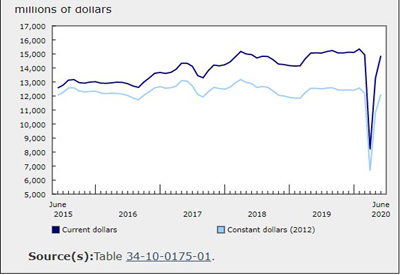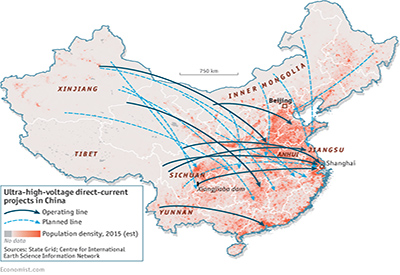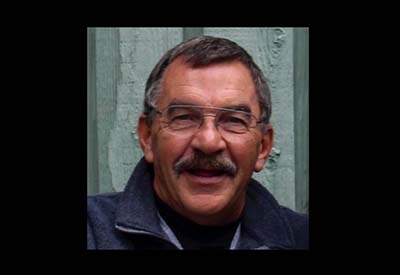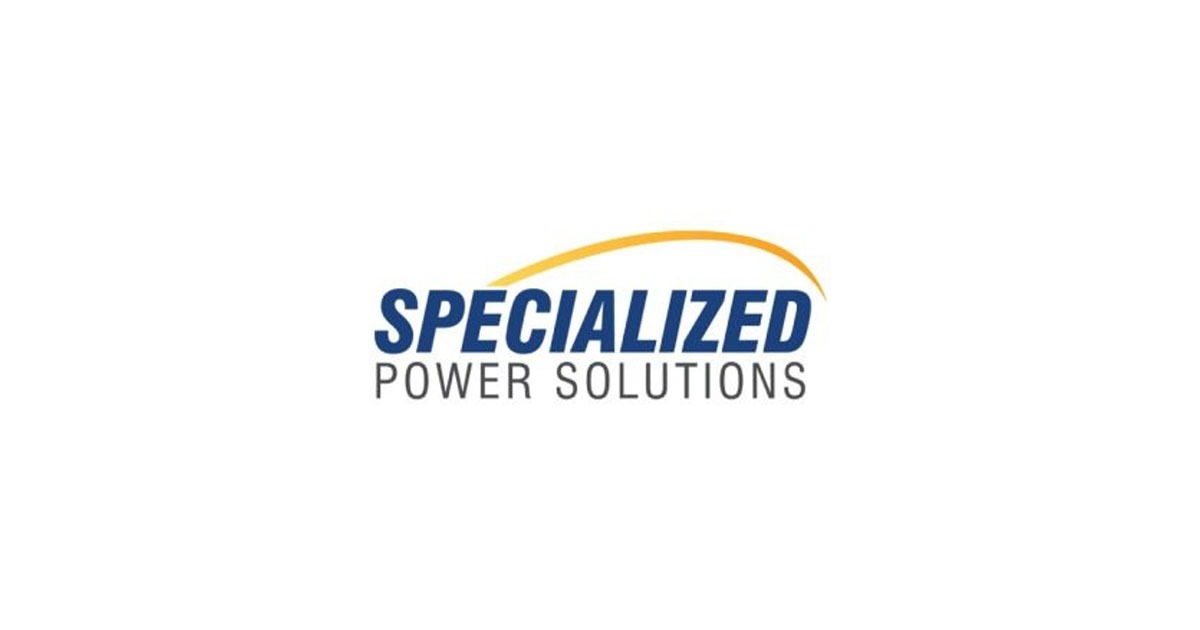Accreditation Helps Us Walk the Talk on Our Way to a More Sustainable Future
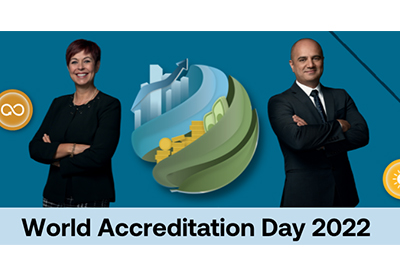
June 22, 2022
By Joyce Msuya, Acting Executive Director, United Nations Environment Programme
“Economic growth which comes at the expense of our planet is simply not sustainable. Our challenge is to meet the needs of all people within the means of our planet. Realizing this ambitious but critical vision calls on governments, business, civil society and people to reshape what we understand by progress and innovate to change people’s choices, lifestyles and behaviours.”
Climate change poses very real risks to people and the environment. Extreme weather events like the destructive storm we just saw in Ottawa that left thousands without electricity for days, and damaged homes and critical infrastructure, are a stark reminder that we must take action, now.
Countries around the world agree – achieving a more sustainable future is a top priority. Commitments like the UN’s Sustainable Development Goals (SDGs), the landmark Paris Agreement and the ISO London Declaration, bring nations into a common cause to undertake the ambitious efforts it takes to tackle one of our time’s most critical challenges.
With these commitments in place, how do we make sure we walk the talk?
We are sitting on a gold mine that has proven its worth in many sectors and could help build the sustainable future we are all striving to achieve – standardization. This refers to standards and conformity to those standards. Increasingly, these are gaining recognition as powerful tools to help address societal challenges such as the climate crisis.
An integral part of that system is accreditation. And this year’s World Accreditation Day theme – Sustainability in Economic Growth and the Environment, is all the more timely.
While standards provide a roadmap for organizations to adopt more eco-friendly and sustainable practices, accredited conformity assessment provides the assurance that they are indeed meeting these standards’ requirements. In essence, accreditation builds trust in the system.
For instance, using accredited tests, certification, measurements, and verification and validation services strengthens the global response to climate change by playing a central role in energy efficiency programs, energy generation from renewable sources and public policies such as carbon pricing, financing for low carbon development projects, and by incentivizing carbon emission reduction.
When it comes to putting plans into action, we also need comparable and verifiable data to measure how we are doing. For example, carbon emissions reporting and disclosure needs to be independently verified to ensure accuracy. Accreditation plays a critical role by “checking the checkers” – in this case the conformity assessment bodies that independently verify organizations’ carbon emission claims. Accreditation bodies evaluate them to ensure they are impartial, competent and comply with the best practices that are international standards.
These play an important role to prevent environment degradation, as many organizations are implementing energy management systems to reduce their energy consumption, increase energy efficiency and optimise their overall energy use.
Accreditation provides assurance and trust – and helps validate that product, services and processes are delivering the results as intended – ensuring we are walking the talk. There are no doubts in our mind that to meet our goals and achieve a more sustainable future, accreditation and conformity assessment play an essential role.

